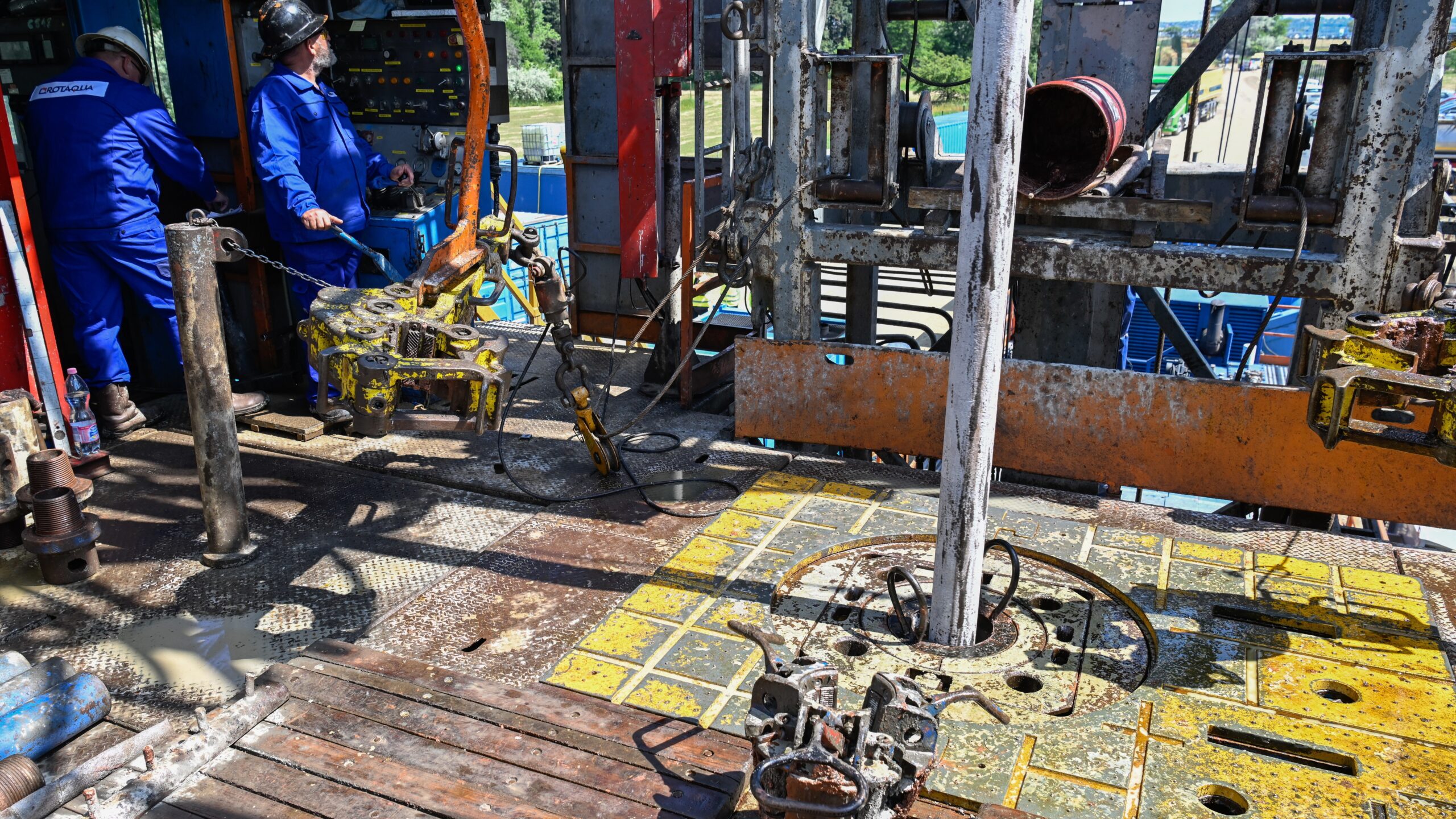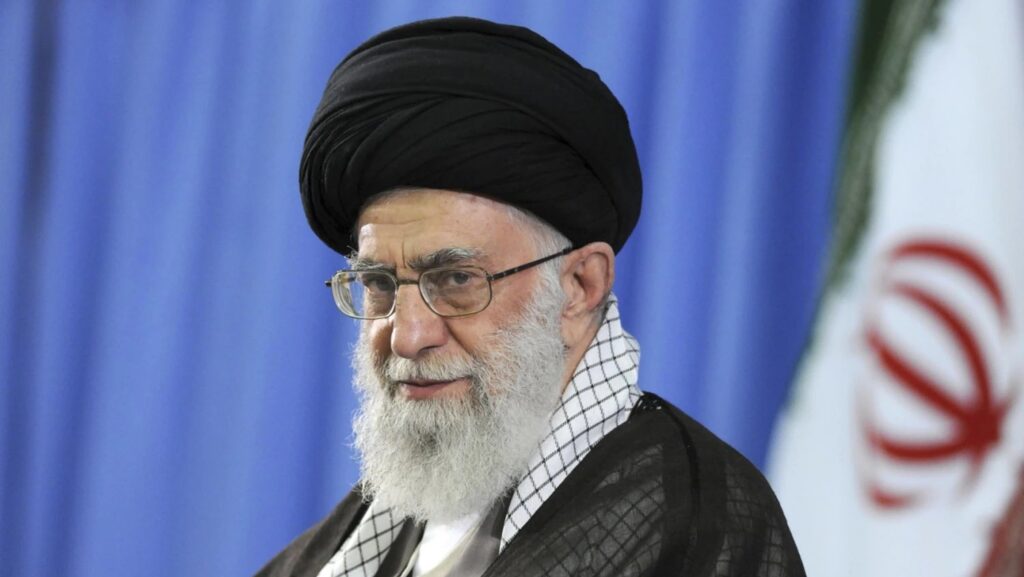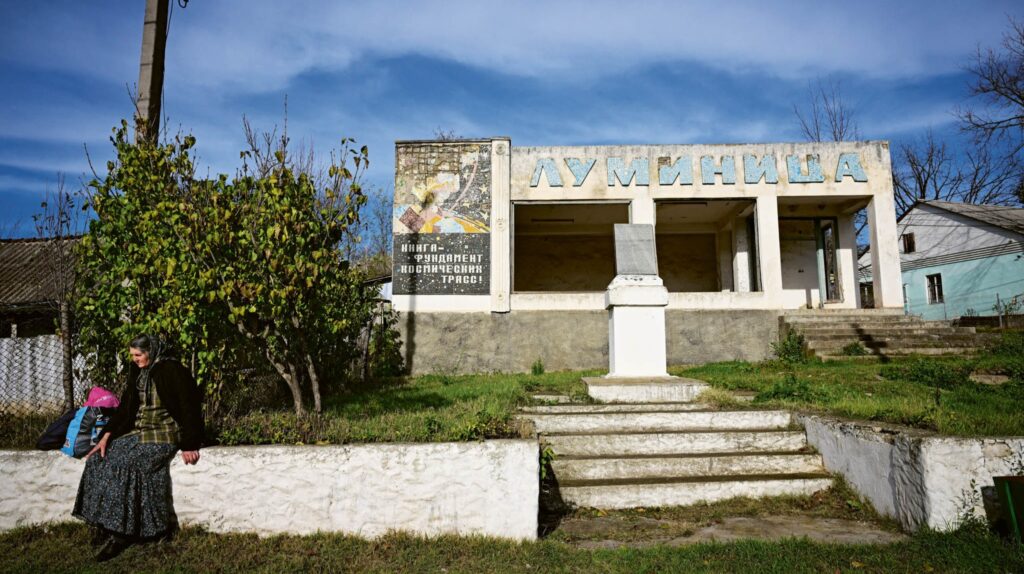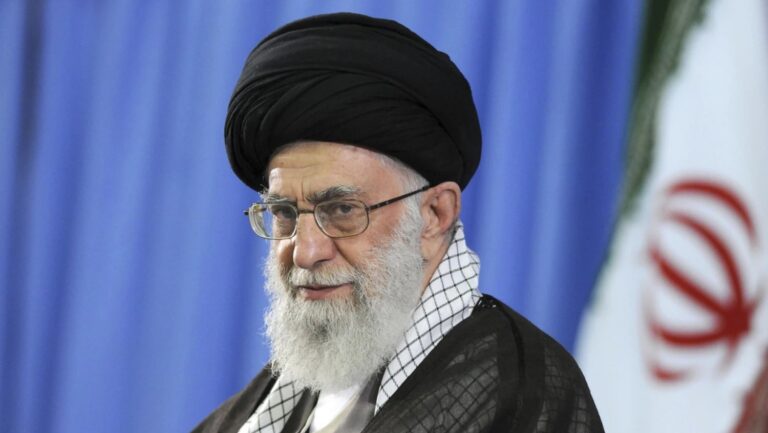Drilling has begun on the first geothermal well at Budapest’s Liszt Ferenc International Airport, marking the start of a major shift toward renewable energy at Hungary’s busiest air hub. The project aims to replace the airport’s fossil fuel-based heating with a fully local, geothermal solution that promises both energy security and long-term cost savings.
According to State Secretary for Energy and Cimate at the Ministry of Energy Attila Steiner, if successful, the system will make it possible to meet the airport’s entire heating needs on site using geothermal energy. He emphasized that geothermal systems are not only reliable and low-cost, but also shielded from global market price fluctuations that affect fossil fuels like natural gas.
This initiative supports Hungary’s broader ambition to boost energy sovereignty by reducing dependence on imported gas. Geothermal energy, being a domestic resource, fits well into that strategy. The government is working to expand similar projects across the country and plans to introduce support schemes for drilling and heating companies through the Jedlik Ányos programme.
Head of the Supervisory Authority for Regulated Activities (SZTFH) László Nagy said that one of the authority’s main goals is to facilitate the safe and lawful use of geothermal resources. To this end, the regulatory framework for geothermal exploration and licensing has recently been overhauled to speed up the process and encourage investment.
The decision to invest in geothermal infrastructure is closely tied to lessons learned during the energy crisis triggered by the war in Ukraine. The government sees predictable, affordable domestic energy as essential to economic stability. The National Geothermal Utilization Strategy, adopted last year, envisions replacing up to one billion cubic meters of natural gas with geothermal energy by 2035.
For Budapest Airport, the transition is a cornerstone of its decarbonization plan. CEO François Berisot said the company is working to reach carbon neutrality before 2030, and replacing gas heating with geothermal energy is a major milestone toward that goal.
The drilling is being carried out by Rotaqua Ltd, a state-owned company with decades of experience in geothermal and water well projects. The development of the geothermal heating system is being led by Arctic Green Terv Ltd under the new licensing system set up by SZTFH.
Now under majority state ownership, the airport’s move to geothermal energy is also seen as a step toward more sustainable and cost-effective operations. The broader hope is that this initiative will serve as a model for other regions of Hungary, helping the country move closer to energy self-reliance through clean, domestic sources.
Related articles:







